Sunday Feature
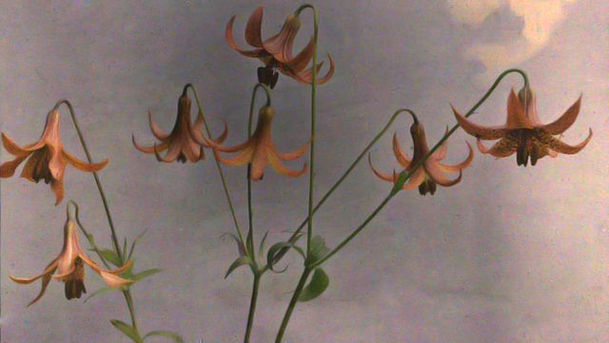
Programme showcasing feature reports and discussions on any number of cultural subjects. Get in touch... [email protected] Call: 03700 100 300
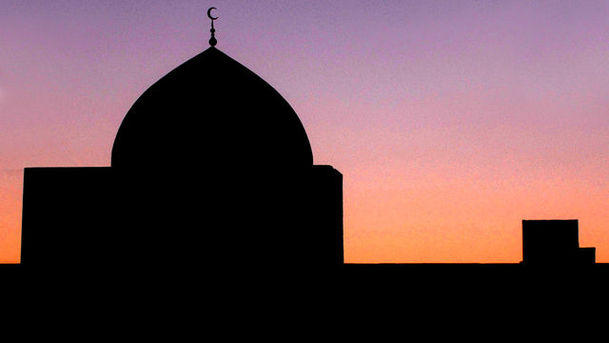
Sunday Feature - 22/07/2007
Author and historian Jerry Brotton uncovers the complex history of relations between England and the Islamic world dating back to Shakespeare.
Details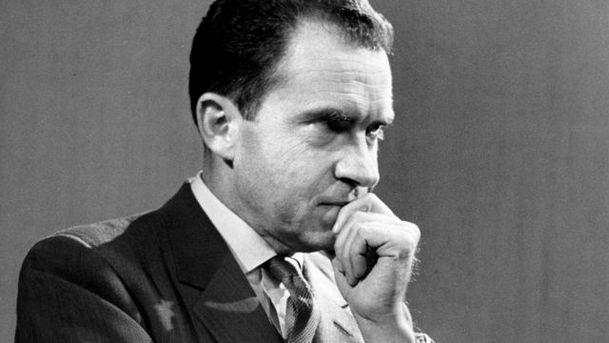
Sunday Feature - A Brief History of Cunning
American writer and satirist Joe Queenan traces the history of cunning, from Odysseus to Karl Rove, via Machiavelli, Richard Nixon and Margaret Thatcher.
Details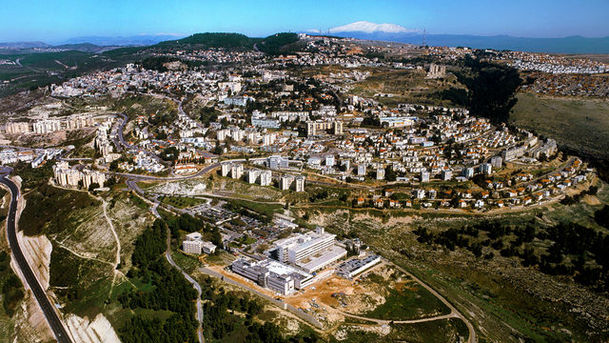
Sunday Feature - A City on a Hill
Jewish commentator Clive Lawton explores Safed in Northern Israel, one of the four holiest cities in Judaism and self-proclaimed world capital of spirituality.
Details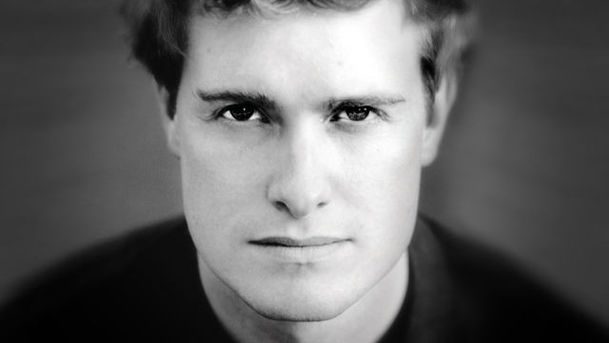
Sunday Feature - A Cloud in a Paper Bag
A drama-documentary by biographer Richard Holmes, telling the story of the first decades of hot air ballooning in the early 1800s.
Details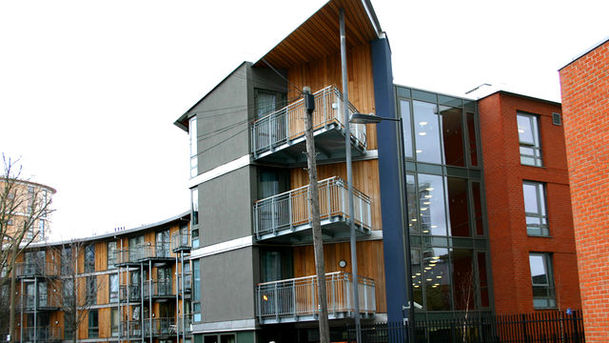
Sunday Feature - A New Image for the Housing Estate
Author Dreda Say Mitchell investigates the issues surrounding housing estates, asking whether they are a concrete hell or a visionary architectural statement.
Details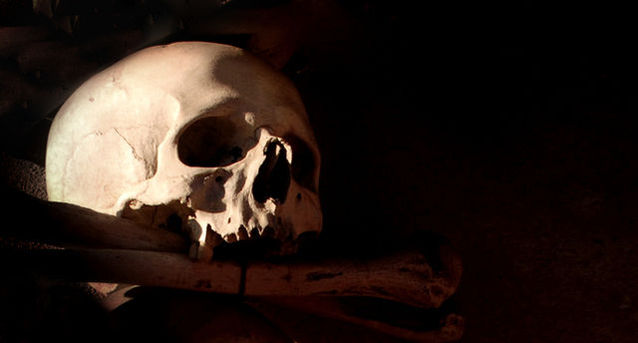
Sunday Feature - A Tale of Two Skulls
Jane Wildgoose looks at the issues surrounding the posession, scientific analysis and public display of human remains by tracing the history of two skulls in her private collection.
Details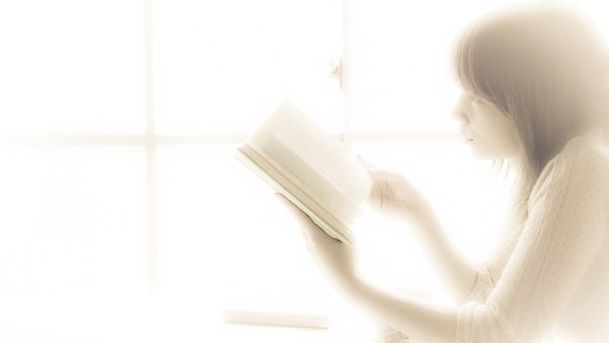
Sunday Feature - A World Beyond Narnia
Louise Doughty explores the growth of the young adult fiction market, which made over 50 million pounds in the UK in 2009, and asks is it at last coming of age.
Details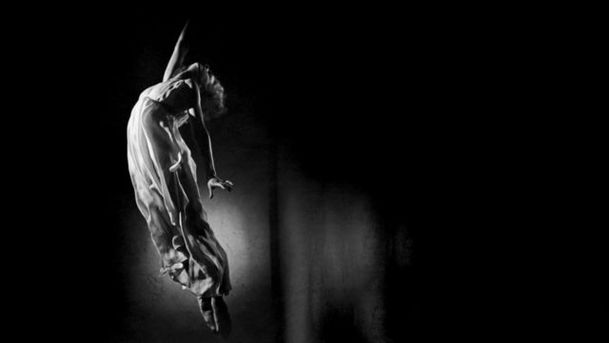
Sunday Feature - After a Dancemaker Dies
Frances Byrnes presents a documentary asking whether it is right for the work of great modern choreographers to be continued after their deaths.
Details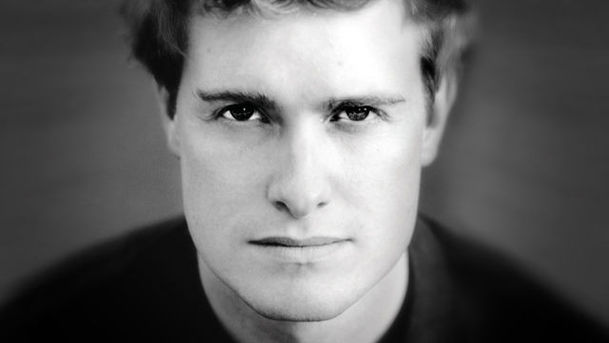
Sunday Feature - All Your Tomorrows Today
Ken Hollings unravels the origins and achievements of the world's ultimate think tank, the RAND (Research and Development) Corporation.
Details
Sunday Feature - An American Legend: James Agee
An American Legend: James Agee. Blake Morrison visits Agee's hometown in Tennessee and talks to the writer's children to re-appraise this 'sovereign prince of the English language'.
Details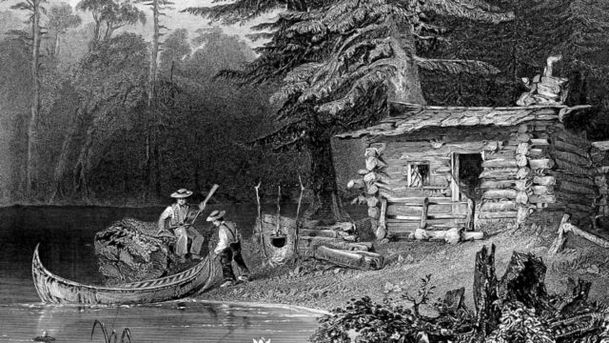
Sunday Feature - At Cupids Cove: The First English Settlement in Canada
Sean Street tells the story of how in 1610 Bristol merchant John Guy founded Cupids Cove, the first English settlement in Canada. He explores its re-discovery and all this reveals.
Details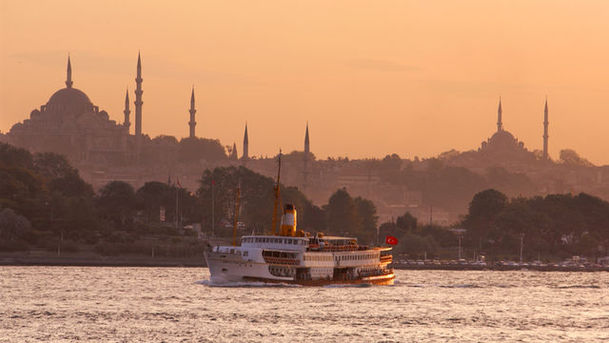
Sunday Feature - Bosphorus Battles
Tom de Waal takes a journey up the Bosphorus and talks to experts to present a portrait of Istanbul as seen from its seaway.
Details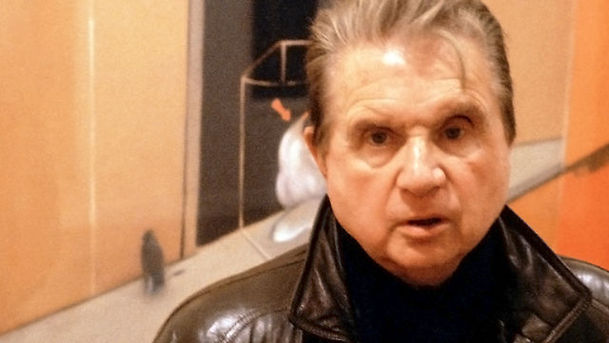
Sunday Feature - Broken Images
Louisa Buck talks to critics, artists and writers about the life and work of influential British painter Francis Bacon.
Details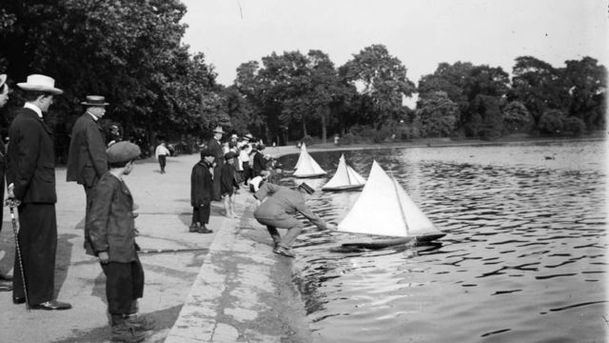
Sunday Feature - Burney and Hawkins: A Tale of Two Histories
Peter Holman explores a tale of rivalry, character assassination and social climbing as two historians compete for the musical hearts and minds of the English nation.
Details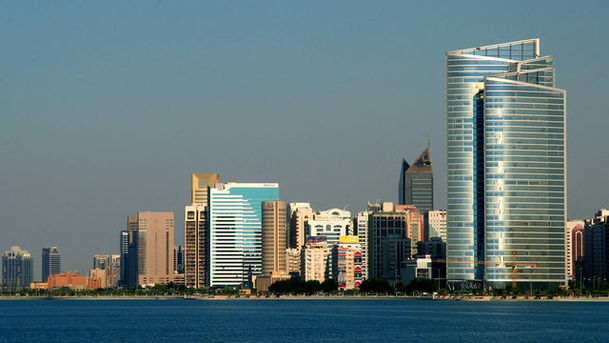
Sunday Feature - Buying a Culture in Abu Dhabi
As the oil wealth in Abu Dhabi is being diverted to large new arts projects, Anthony Sattin explores the attempts there to 'buy culture'.
Details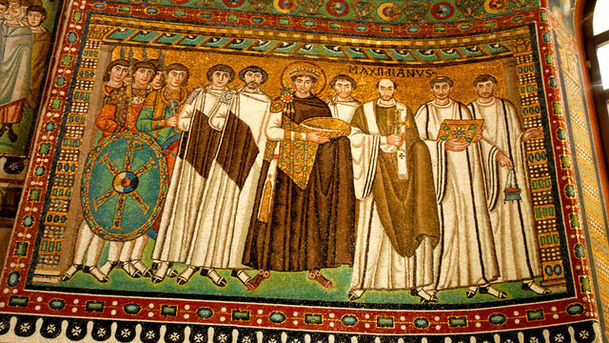
Sunday Feature - Byzantium
Prof Judith Herrin visits Istanbul to trace the history of the Roman city of Byzantium and explore the crucial role it played in the development of Europe.
Details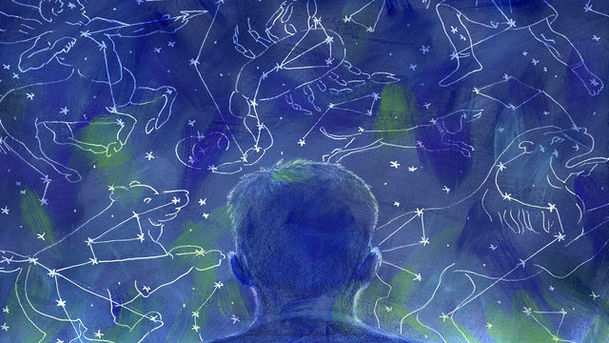
Sunday Feature - Chaos and Creation
An exploration of the mythology, the science, and the religious and political significance of the origins of the universe. With cosmologist Kathy Romer and classicist Teresa Morgan.
Details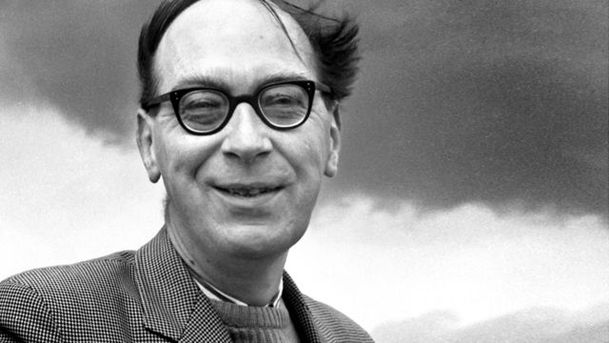
Sunday Feature - Children of the Whitsun Weddings
Poets Paul Farley and Kate Royal travel across Britain, as they explore their admiration for Larkin's work, in particular the celebrated Whitsun Weddings.
Details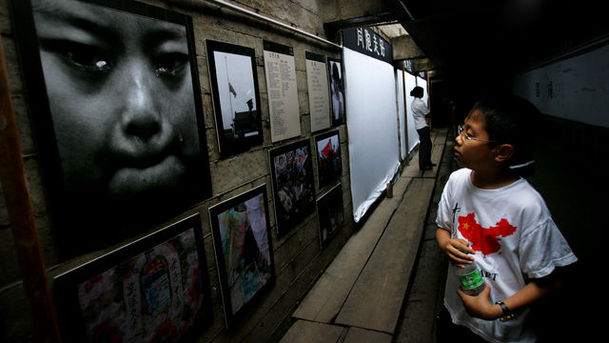
Sunday Feature - China's Museum-Building Boom
Isabel Hilton reports from China on the boom in museum building and on the presentation of history. What story does one of the world's most ambitious new museums in Sichuan tell?
Details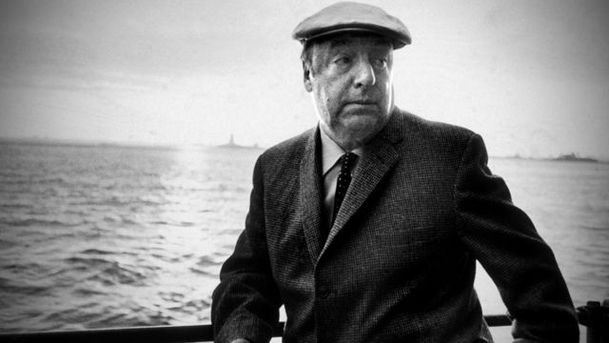
Sunday Feature - Closer to Blood than Ink
Nick Rankin explores claims that when poet Pablo Neruda helped evacuate refugees from Franco's Spain, he only did it for those who shared his politics.
Details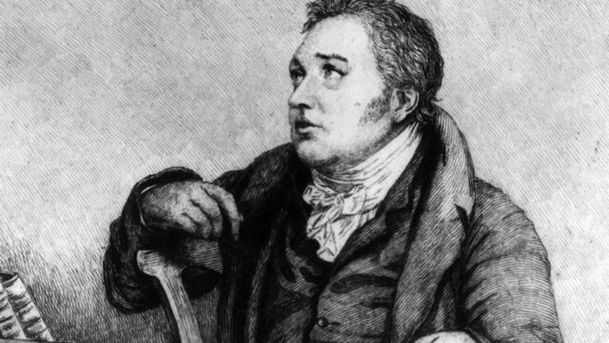
Sunday Feature - Coleridge in Gottingen
John Worthen explores the influence of German writers and thinkers on Coleridge during the great poet's visit to the university town of Gottingen in 1798.
Details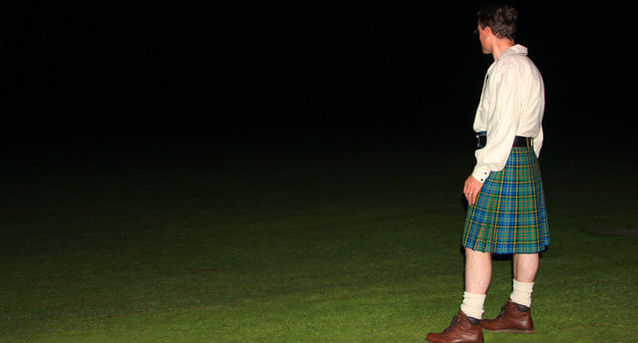
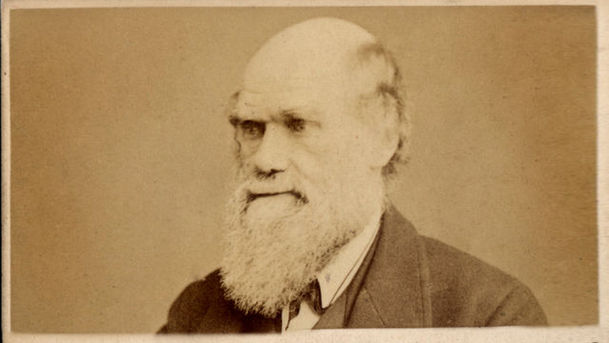
Sunday Feature - Darwin's Conundrum
An exploration of what Charles Darwin really thought about faith and religion, showing that he had a more complex relationship with them than is often believed.
Details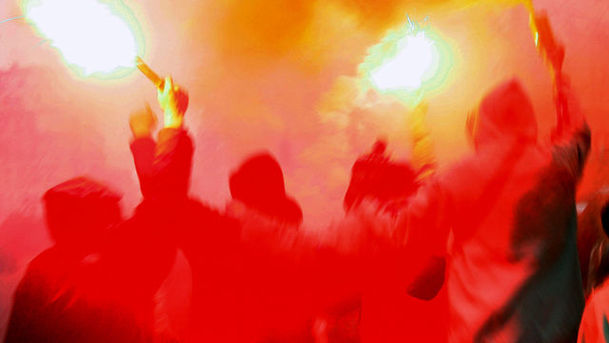
Sunday Feature - Deep France, Deep Problem?
Writer and poet Adam Thorpe discovers that beneath the smiling holiday face of southern France lie depopulation, unemployment, racism and violence.
Details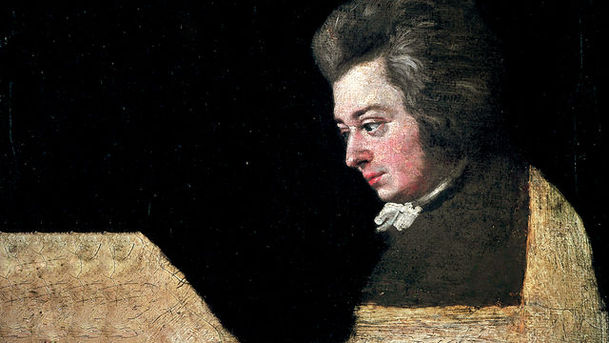
Sunday Feature - Desperately Seeking Mozart
Professor Paul Robertson sets out in search of the real Wolfgang Amadeus, speaking to academics, brain scientists, child psychologists and performers.
Details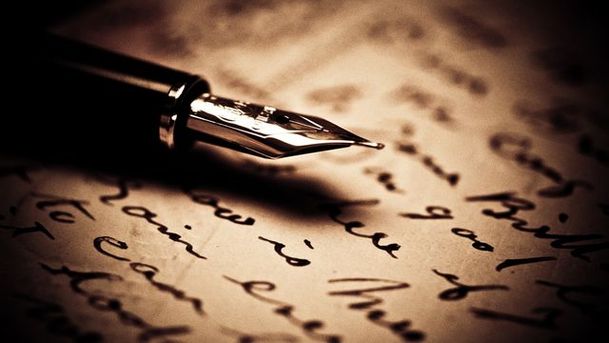
Sunday Feature - Do Not Expect Applause - The Life and Poetry of WS Graham
Paul Henry presents a celebration of arguably one of the greatest 20th century poets - WS Graham. His work influenced Harold Pinter and his genius was acknowledged by TS Eliot.
Details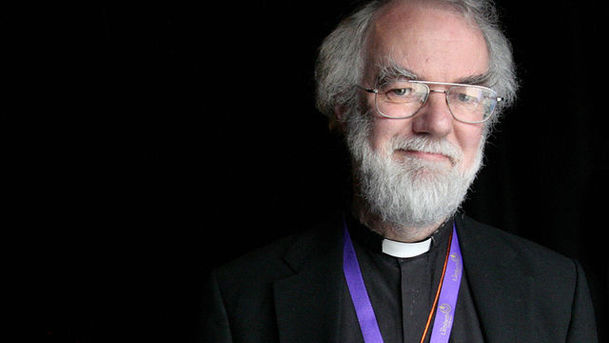
Sunday Feature - Dr Rowan Williams
The Archbishop of Canterbury explores the realms of silence, its spiritual qualities and significance in human life. With Evelyn Glennie and Sir Jonathan Sacks.
Details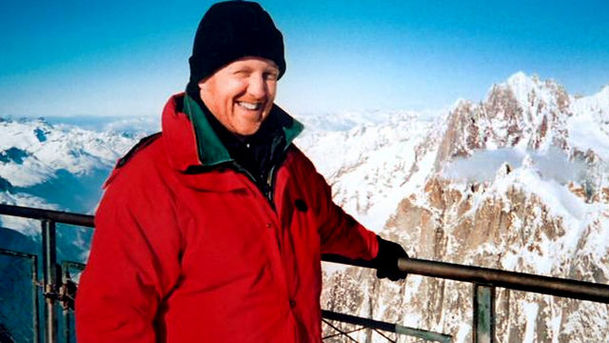
Sunday Feature - Elegy
Poet Michael Symmons Roberts embarks on a personal exploration of the role of the elegy and talks to poets Douglas Dunn, Michael Longley and Gillian Clarke about their own elegies.
Details
Sunday Feature - Elgar and Empire
Elgar and Empire: To mark the 150th anniversary of Elgar's birth, historian Tristram Hunt explores how his music articulated the notion of British Empire.
Details
Sunday Feature - Enter the Garden: Toru Takemitsu
An exploration of the music, philosophy and personality of Japanese artist Toru Takemitsu who found success in the West as a composer.
Details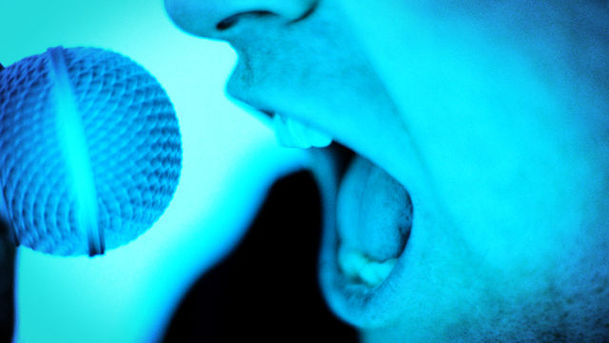
Sunday Feature - Exploring Our Amazement: Poetry and Its Audience
Julian May talks to publishers, organisers of readings, literary historians, poets and their readers to investigate the changing relationship between poetry and its audience.
Details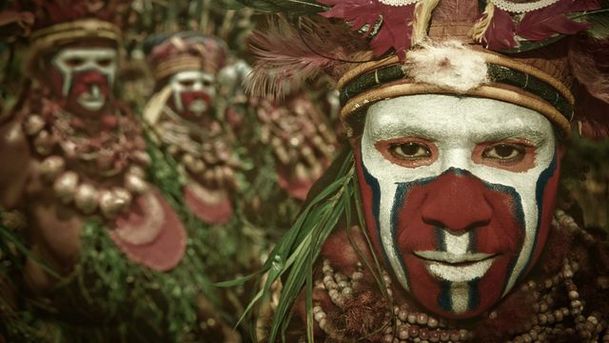
Sunday Feature - Field Work
Marybeth Hamilton tells the story of the invention of ethnographic fieldwork by Bronislaw Malinowski in the early years of the 20th century.
Details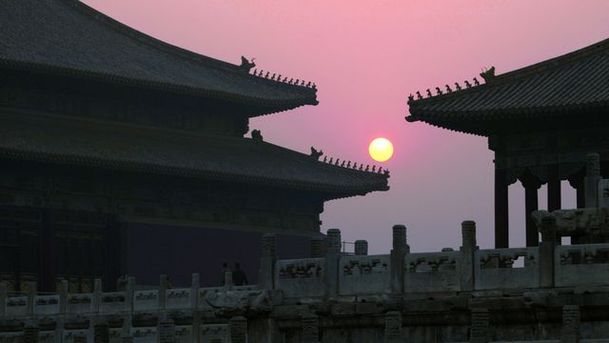
Sunday Feature - Flowers in the Backyard - China and its Minority Cultures
Isabel Hilton reports from China's capital, Beijing, on the country's uneasy relationship with its minority cultures, talking to writers and academics.
Details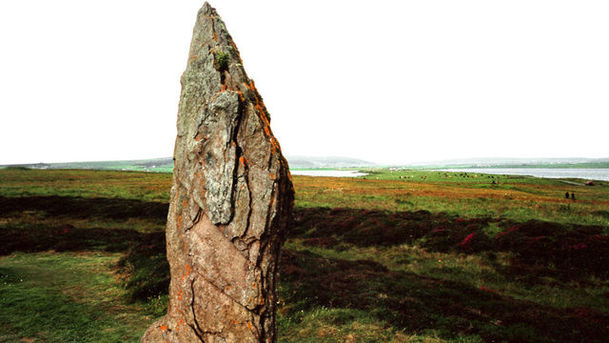
Sunday Feature - For the Islands I Sing
Poet Kenneth Steven travels to Stromness, where George Mackay Brown spent the majority of his life, to speak to those who remember him and his influence in the community.
Details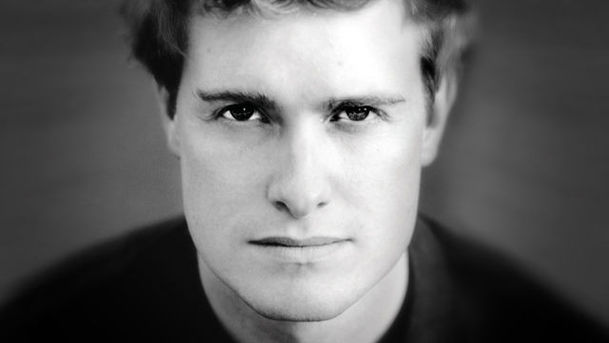
Sunday Feature - Forster in India: Sex, Books and Empire
Zareer Masani explores EM Forster's personal passage to India and its links with his novel, his homosexuality and his political radicalism.
Details
Sunday Feature - Free Thinking Lecture
Phil Redmond, the man behind Grange Hill and Brookside, delivers the annual Free Thinking Lecture in front of an audience in the Victorian splendour of Liverpool's St Georges Hall.
Details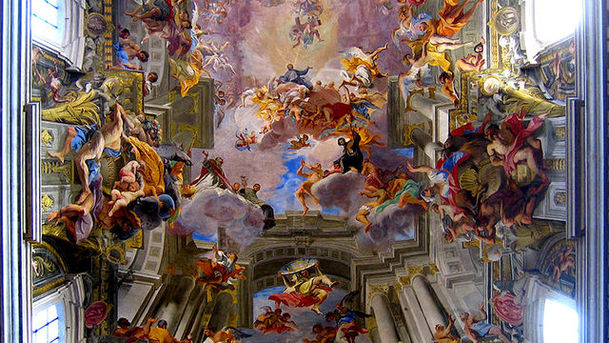
Sunday Feature - From Ecstasy to Infinity
Mathematician Marcus du Sautoy explores science and mathematics in the arts of the baroque, from Bernini's architecture in Rome to the Versailles gardens.
Details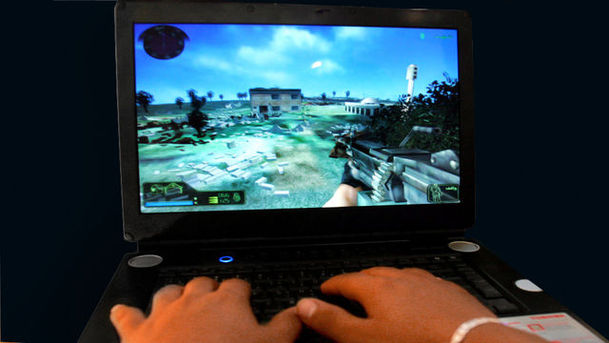
Sunday Feature - From Gameboy to Armageddon
Writer Ken Hollings explores the cultural history and the future of war-gaming and the rapidly converging worlds of computer gaming and war itself.
Details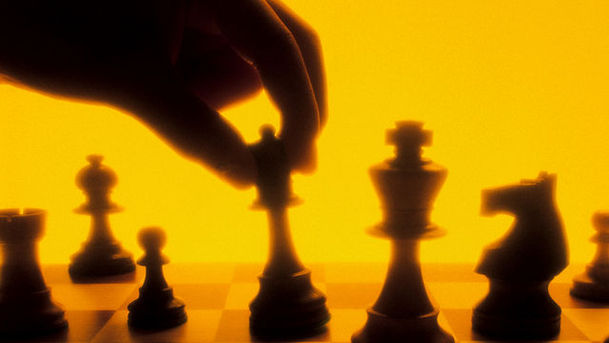
Sunday Feature - From King to Pawn
Novelist and occasional chess player David Szalay examines chess as an artistic metaphor in literature and modern art. Includes archive recordings and music by Arthur Bliss.
Details
Sunday Feature - Fruits of the Earth
Four writers contemplate why fertility has been such an important preoccupation in the worlds of art and ideas
Details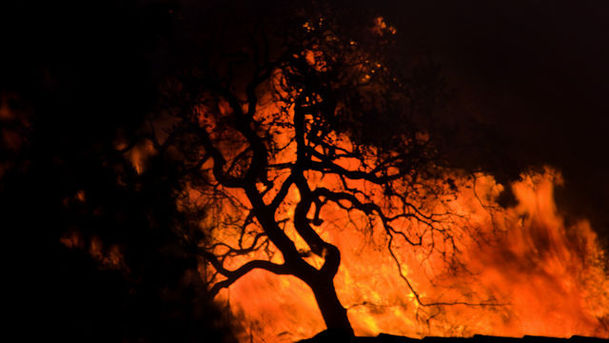
Sunday Feature - Goethe's Oak
Christopher Cook pieces together the story of the ancient 'Goethe's Oak' in the Buchenwald concentration camp, which symbolised two different visions of Germany.
Details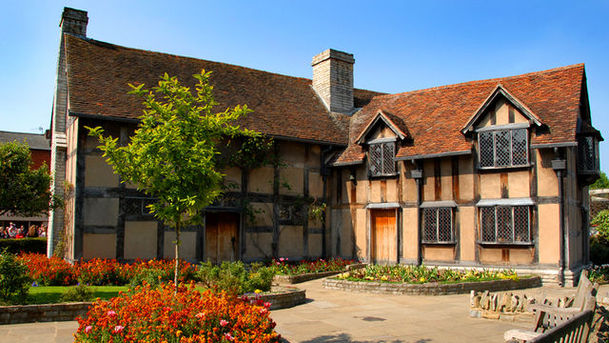
Sunday Feature - Hark: An Acoustic Archaeology of Elizabethan England
Chris Brookes and Alan Hall sift the sound-worlds of two English environments in search of aural landscapes inhabited by Shakespeare and Elizabeth I.
Details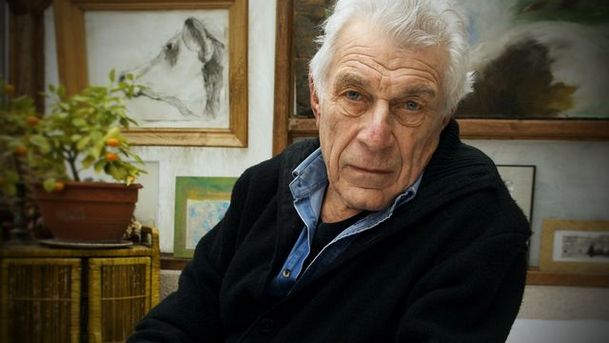
Sunday Feature - Harvesting the Archive
An investigation into the meaning of archives, as curator Jamie Andrews looks through the materials writer John Berger donated to the British Library.
Details
Sunday Feature - Herzl from Here
Frances Stonor Saunders talks to Israeli, Palestinian and other international historians about the life and ideas of Theodor Herzl, the founder of modern Zionism.
Details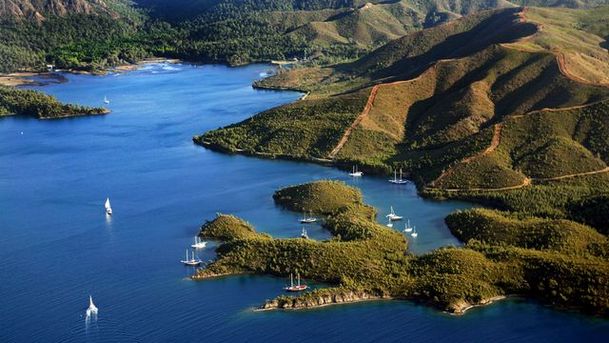
Sunday Feature - Homer's Landscapes
Adam Nicolson travels along the eastern Mediterranean, from the Ionian Sea to the western coast of Turkey to trace the origins of the poems at the root of modern European thought
Details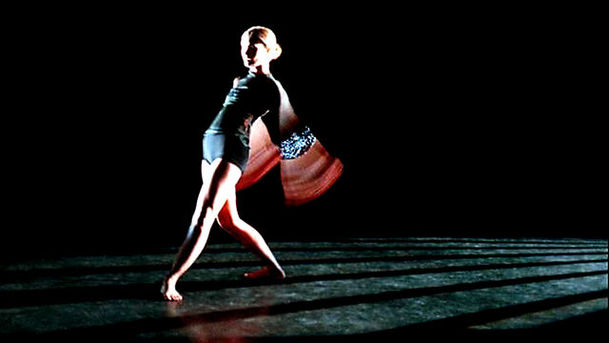
Sunday Feature - How Far Would You Go For A Dance?
Judith Mackrell asks British and Irish choreographers how wide they cast their imaginations to make innovative dance theatre
Details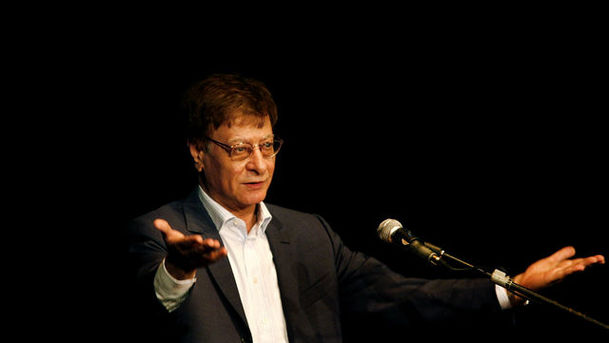
Sunday Feature - I Come From There: The Poetry of Mahmoud Darwish
Harriett Gilbert explores the life and work of the late Palestinian poet Mahmoud Darwish, who was regarded by many as the poet laureate of the Arab world.
Details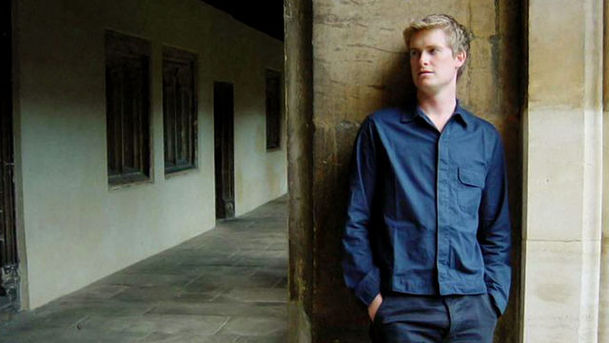
Sunday Feature - Ideas - The British Version
Series exploring the origins of British intellectual traditions
Details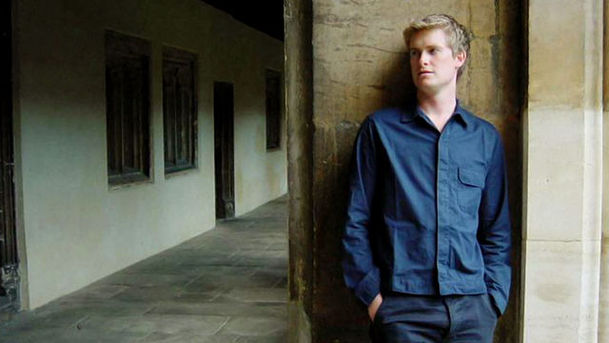
Sunday Feature - Ideas - The British Version (Series 2)
Tristram Hunt presents the series following the curious journey of ideas that first developed in Britain and then spread across the world
Details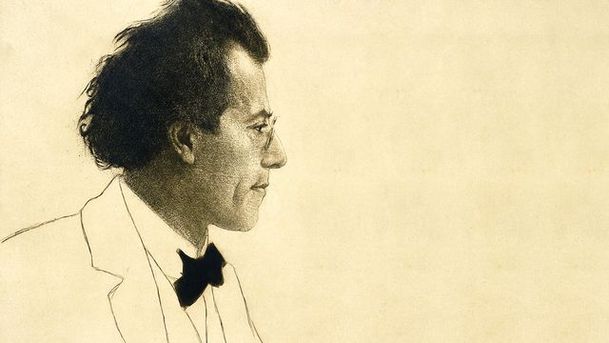
Sunday Feature - In Search of Gustav Mahler
In the year of the 150th anniversary of Gustav Mahler's birth, Norman Lebrecht travels in the footsteps of the composer in search of those whose lives have been touched by his music.
Details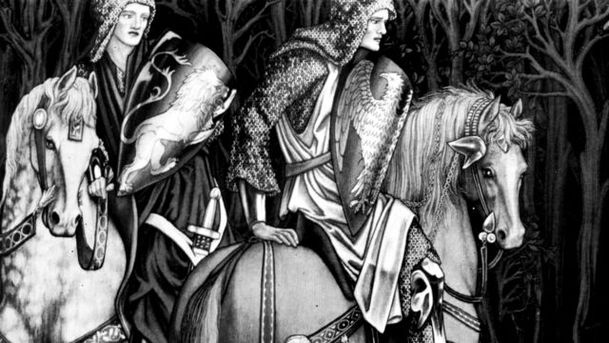
Sunday Feature - In Search of the Gododdin
Poet Gwyneth Lewis explores the story behind the Gododdin, a sixth-century Welsh poem elegising the slain British warriors who fought the Saxons in the Battle of Catterick.
Details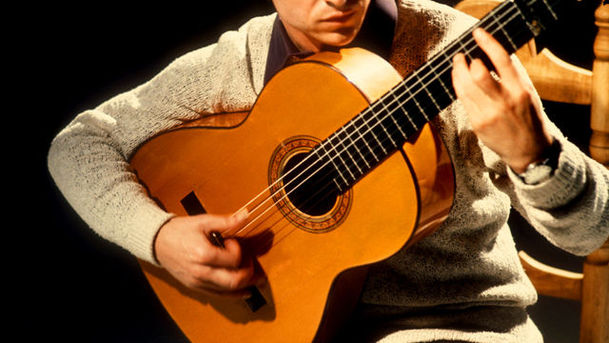
Sunday Feature - In the Beginning Was the Song
Ivan Hewett explores the origins and evolution of music. The urge to make music is rooted in human nature, but why did it arise in the first place?
Details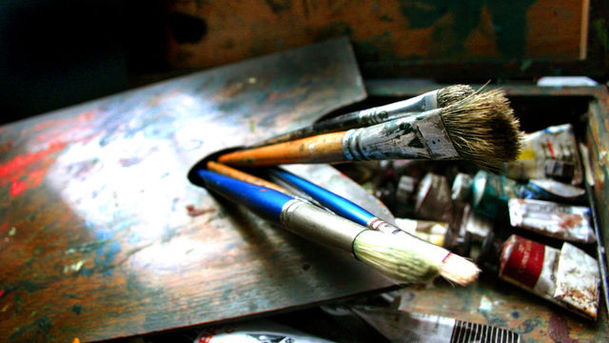
Sunday Feature - Inside the Art Schools
Michael Bracewell visits UK art schools to explore the work of a new generation of contemporary artists, and talks to Damien Hirst about his artistic inspiration.
Details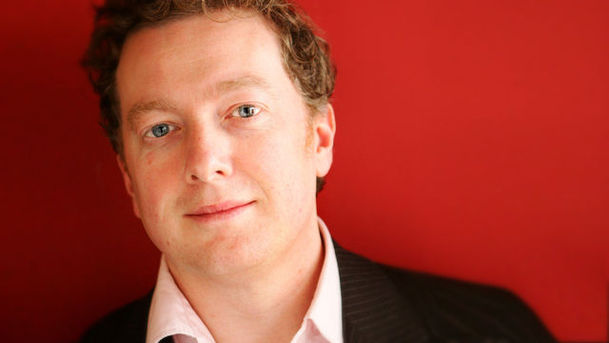
Sunday Feature - James Young Deer - The Winnebago Movie-Maker
Historian Matthew Sweet follows the trail of a Native American filmmaker. James Young Deer made pro Indian movies in California. But in 1914 a sex scandal drove him to London...
Details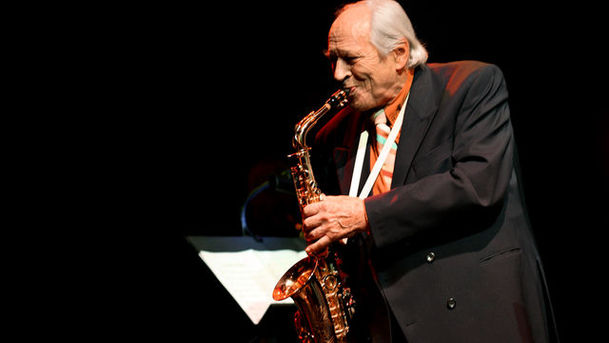
Sunday Feature - John Dankworth in South Africa
Marking the death of John Dankworth's in 2010, another chance to hear an account of his visit to South Africa 50 years after he gave a series of concerts there.
Details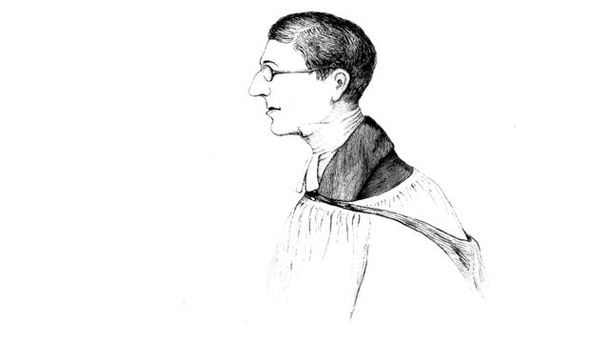
Sunday Feature - John Henry Newman: A Very English Saint?
Edward Stourton explores the life and legacy of Cardinal John Henry Newman. Includes interviews with biographers and scholars, and music associated with him, by Elgar and MacMillan.
Details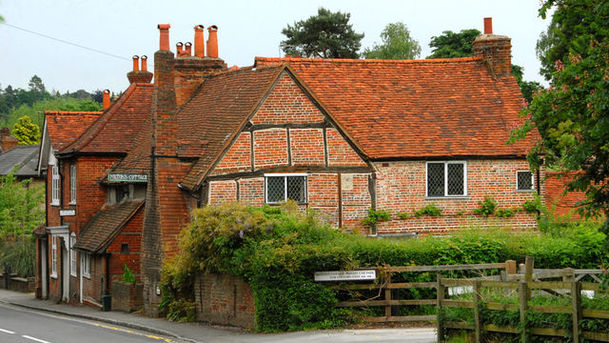
Sunday Feature - John Milton's Adventurous Song
David Norbrook places Milton's work in the light of the social and political turmoil of his time, exploring changing views of him over the centuries and his importance to us today.
Details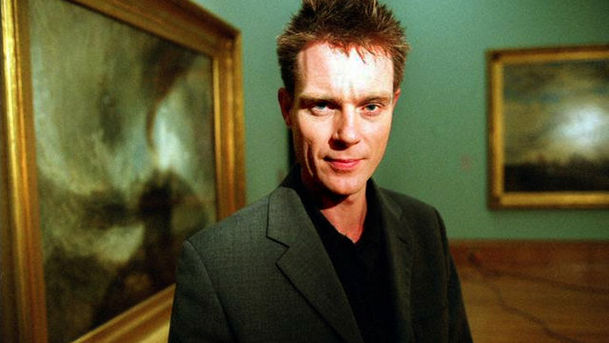
Sunday Feature - Joined-Up Artists
Tim Marlow charts the history of cultural collaboration, which has become increasingly popular in recent years, and examines its importance to the arts today.
Details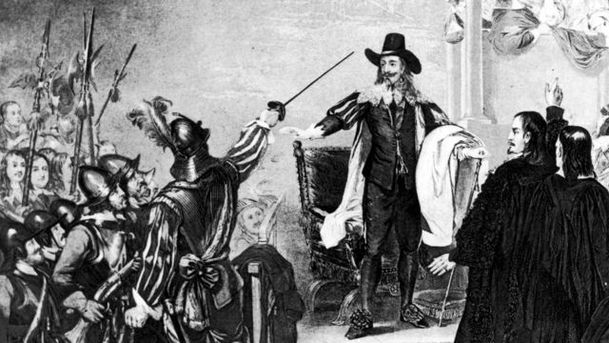
Sunday Feature - Killing the King
History professor Justin Champion considers new research about the trial of Charles I, which explains how his execution was not a foregone conclusion.
Details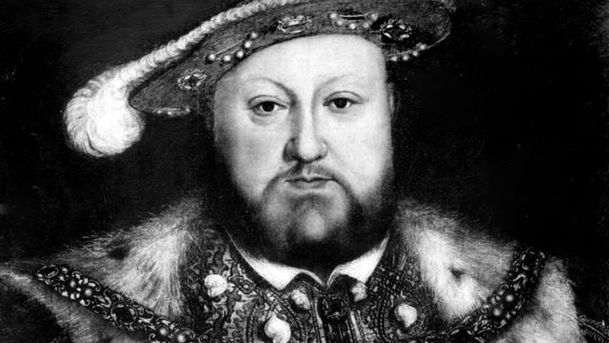
Sunday Feature - Leland's Travels
David Wallace explores the life and work of scholar John Leland, who Henry VIII employed to catalogue the literature of ancient libraries and religious houses.
Details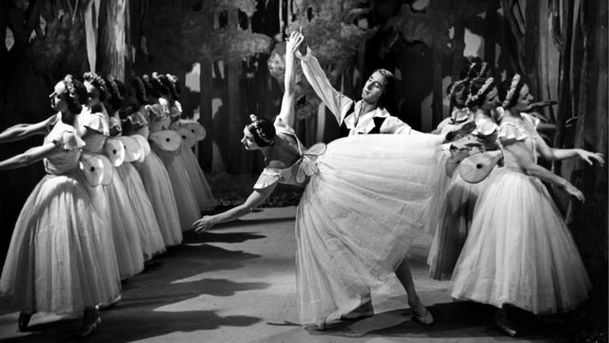
Sunday Feature - Les Ballets Russes
Dance critic Judith Mackrell tells the story of Les Ballets Russes, the infamous but short-lived dance company, which revolutionised ballet.
Details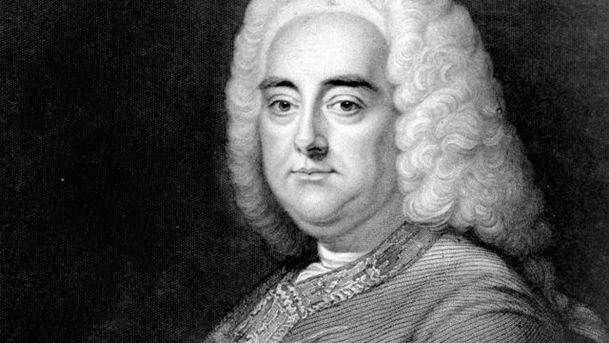
Sunday Feature - Liquid Assets: Handel's Finances
BBC business correspondent Peter Day looks at Handel's success on the stock market and the financial matters involved in putting on operas and oratorios in 18th-century London.
Details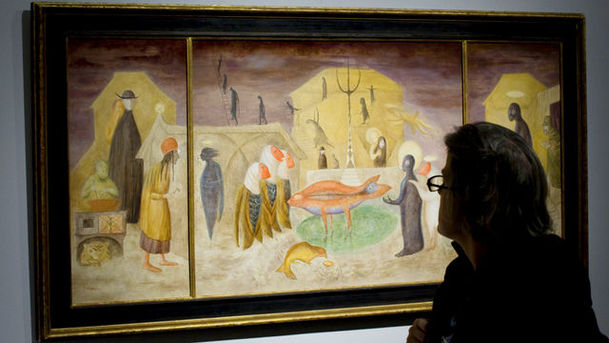
Sunday Feature - Looking for Leonora
Joanna Moorhead traces the life of her long-lost cousin, Leonora Carrington, the last surviving member of the original surrealist movement.
Details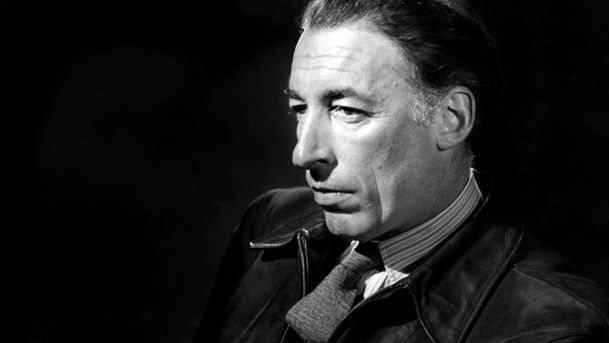
Sunday Feature - Louis MacNeice: The Cat, the Celt and the Cave
To celebrate the centenary in 2007 of the Irish poet's birth, Paul Muldoon and other poets offer personal assessments of MacNeice's work.
Details
Sunday Feature - Malory: A Tale of Two Texts
Malory: A Tale of Two Texts. Prof David Wallace traces the histories of the two remaining versions of Le Morte Darthur, Thomas Malory's great work of Arthurian literature.
Details
Sunday Feature - Mind as Machine
Mind as Machine: Professor Maggie Boden, pioneer in cognitive science, meets the world's leading experts in Artificial Intelligence to find out how far the technology has come.
Details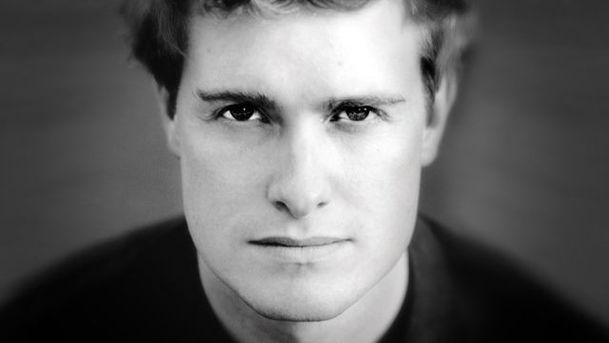

Sunday Feature - Minghella Remembered
Tribute to the filmmaker and playwright who died in March 2008. Includes his play Hang Up, and excerpts from a series in which Minghella talks about his film The Talented Mr Ripley.
Details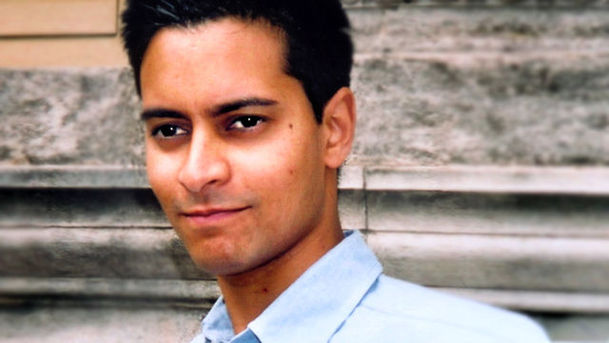
Sunday Feature - Movie Nights in Moscow
Rana Mitter travels to Moscow to meet the heirs of Eisenstein and Tarkovsky, and explores the new Russia through its cinema.
Details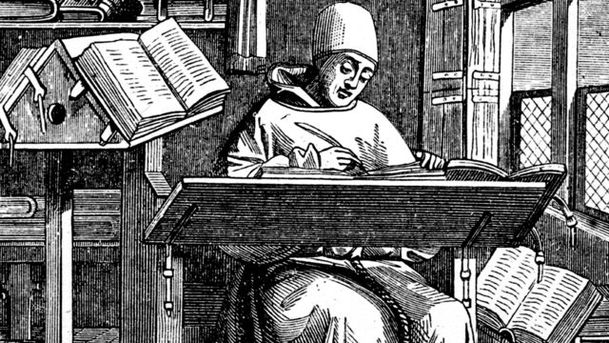
Sunday Feature - Myths and Mystery Cycles
John Sessions follows the story of a medieval research project that is rewriting the history and context of early English drama through close study of church and court records.
Details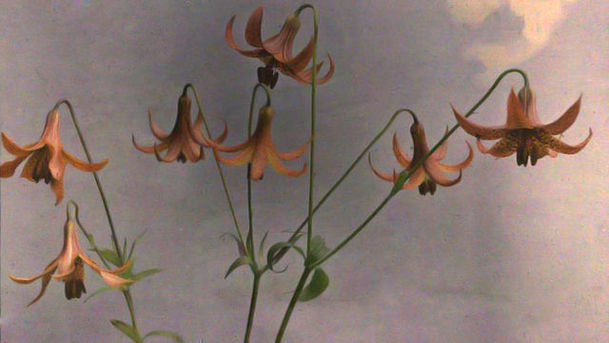
Sunday Feature - North of South Revisited
Ugandan journalist Joel Kibazo retraces writer Shiva Naipaul's journey through East Africa in the 1970s to discover how life had changed since the end of the colonial era
Details
Sunday Feature - Oscar in America
Oscar in America: Owen Dudley Edwards explores the year-long tour that educated America about aesthetic ideas, and about its educator, the Apostle of Aestheticism, Oscar Wilde.
Details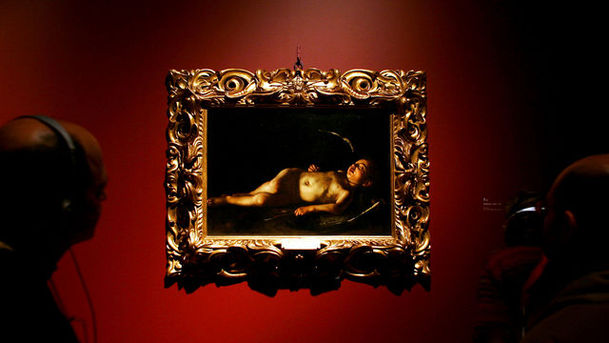
Sunday Feature - Painting Lolita
Laura Cumming explores the history of the child nude in art and asks whether recent controversies over such images are largely a 21st-century phenomenon.
Details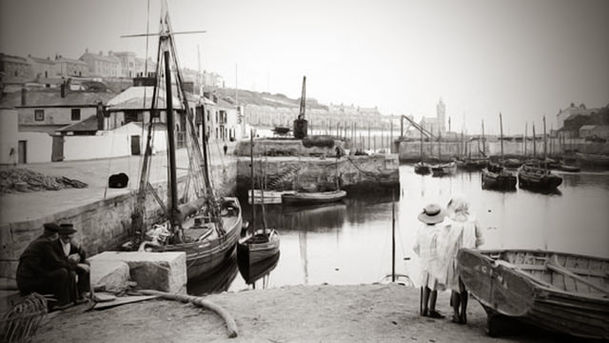
Sunday Feature - Paradise or Nightmare - DH Lawrence in Cornwall
DH Lawrence biographer John Worthen discusses the writer's retreat to Cornwall, after the bad reception of The Rainbow and the start of the First World War.
Details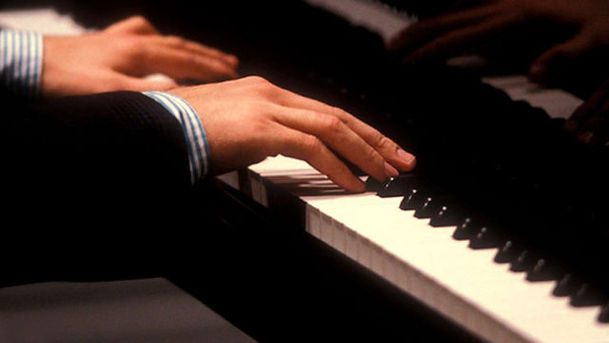
Sunday Feature - Piano fever in China
Petroc Trelawny visits China to find out why the country is now gripped by piano fever, when less than four decades ago classical music was banned there.
Details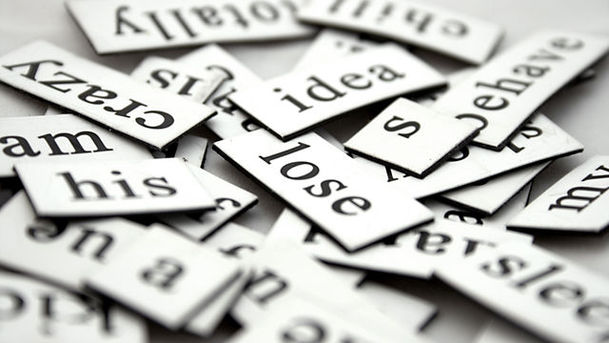
Sunday Feature - Raymond Williams: Keywords
Friends, admirers and critics including Geoff Dyer, David Hare and Lisa Jardine discuss the life and legacy of cultural historian Raymond Williams.
Details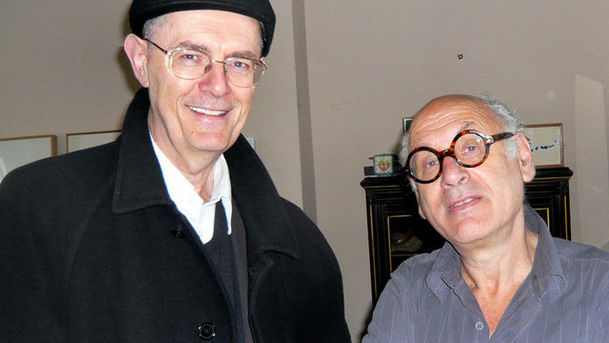
Sunday Feature - Rebellion and Fear: Artists in the Great War
Richard Cork explores how the First World War figured in the lives and work of early avant garde artists in Europe, and talks to Michael Nyman about the work of David Bomberg.
Details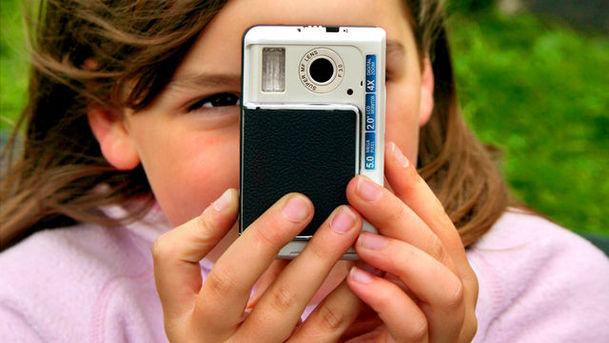
Sunday Feature - Remember, Remember
Psychologist Susan Blackmore explores how we are outsourcing the memory of our lives to digital devices and asks if that is changing the nature of human memory.
Details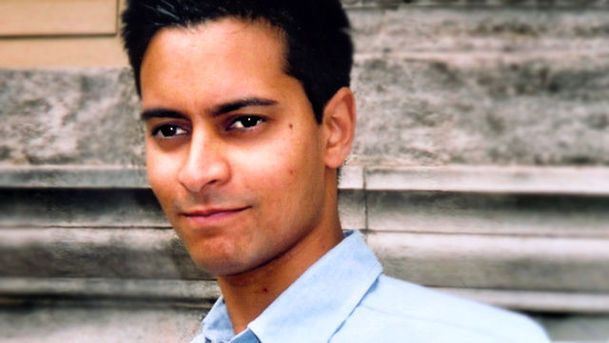
Sunday Feature - Retreat to Bug River
Rana Mitter looks at the 1920 Soviet march on Warsaw and asks how the resultant conflict continues to influence Poland and the wider region.
Details
Sunday Feature - Rites of Spring
Rites of Spring: Nature writer Richard Mabey presents an exploration of spring and its influence on literature and art, with nature writer Ronald Blythe and artist Kurt Jackson.
Details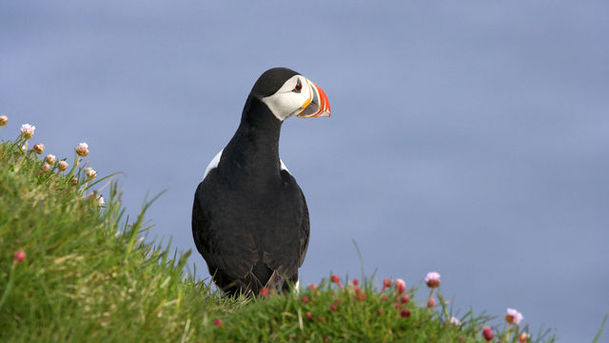
Sunday Feature - Rona
Scottish poet and writer Kathleen Jamie joins a research expedition to the tiny uninhabited island of North Rona - 45 miles out into the Atlantic Ocean west of Cape Wrath.
Details
Sunday Feature - Rules of Engagement
Rules of Engagement: In the face of climate change and ongoing war can artists bring about change? British artist Cornelia Parker considers what she and others can do to contribute.
Details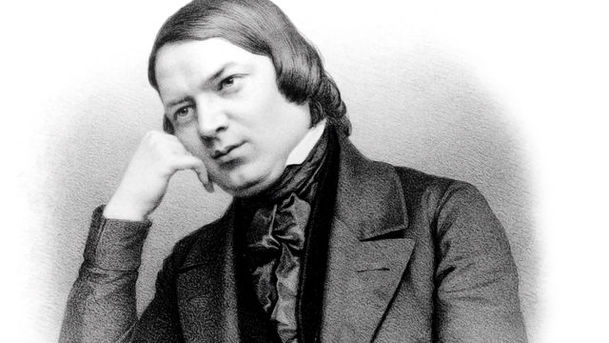
Sunday Feature - Schumann and the Music of the Future
Cellist Steven Isserlis re-appraises the music Schumann wrote in the last years of his life. Was it an inferior product of a declining mind or was it ahead of its time?
Details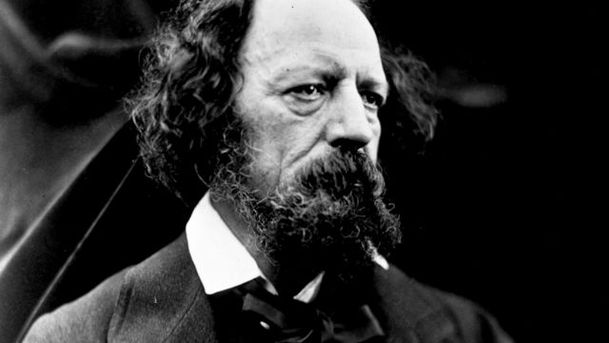
Sunday Feature - Searching for Alfred in the Shadow of Tennyson
Poet Ruth Padel goes in search of the real Tennyson, exploring ways in which his legacy is felt today - in music, poetry and fiction.
Details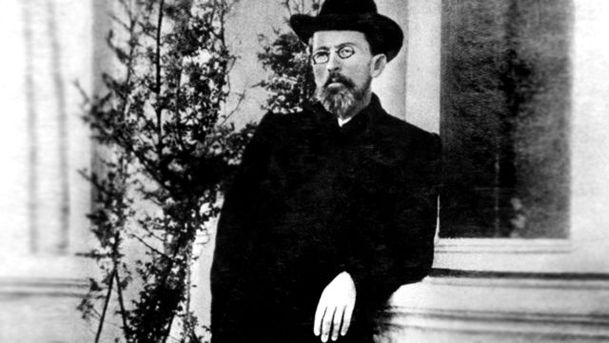
Sunday Feature - Seven and a Half Years
Susannah Clapp explores why the great Russian playwright Chekhov believed that he would be remembered for no more than seven and a half years.
Details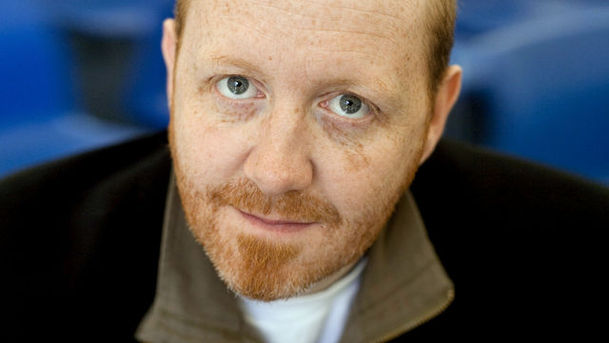
Sunday Feature - Simone Weil
The poet Michael Symmons Roberts examines the brilliant and perplexing short life of the French philosopher Simone Weil, born in 1909.
Details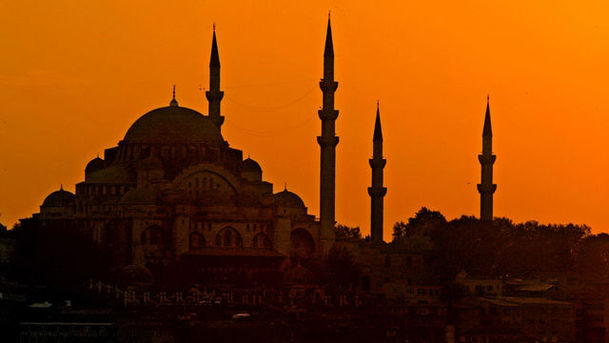
Sunday Feature - Sinan the Magnificent
Jonathan Glancey tells the story of Koca Mimar Sinan, court architect to the Ottoman Empire in the 16th century. His best known work was Istanbul's Suleiman Mosque.
Details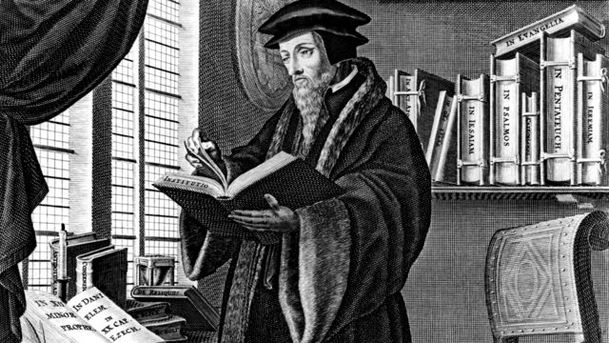
Sunday Feature - Smashing the Idols
Writer Andrew Brown explores the controversial cultural and theological legacy of Calvinism, one of the fiercest and most influential forms of Protestantism.
Details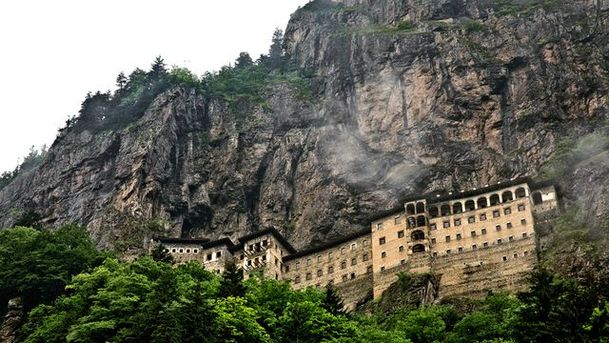
Sunday Feature - Songs of Trebizond
Tom de Waal visits the Soumela Monastery near Trabzon in Turkey, where Pontic Greeks from all over the world gather every year to celebrate the feast of the Virgin.
Details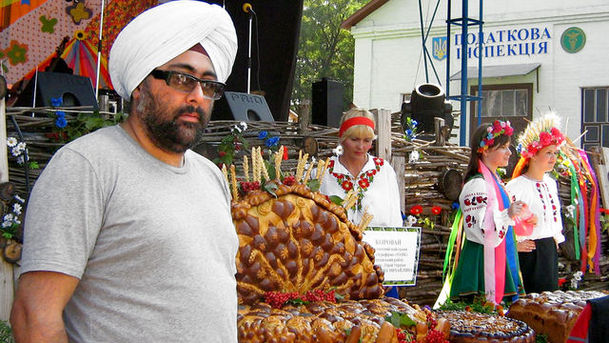
Sunday Feature - Sorochintsy Fair
To coincide with the 200th anniversary of the birth of Nikolai Gogol, Hardeep Singh Kohli examines the writer's life and work.
Details
Sunday Feature - Soundings
In an interview from 1998, the artist Robert Rauschenberg, who died in May 2008, talks to Tim Marlow about his career, which produced some of the icons of American art.
Details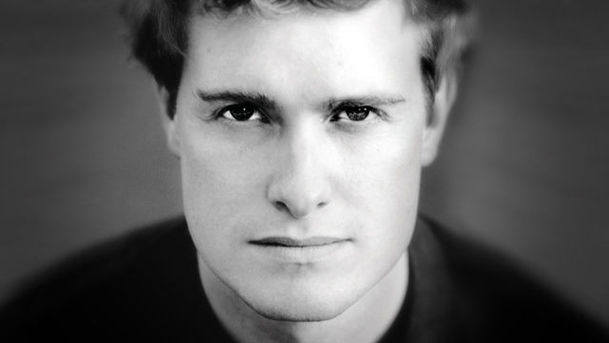
Sunday Feature - South American Currents
A new series offering fresh cultural perspectives on South America
Details
Sunday Feature - Tasty!
Cultural historian Richard Weight explores how we decide what is tasty, asking if ideas about taste just become subjective, or are they more important than ever.
Details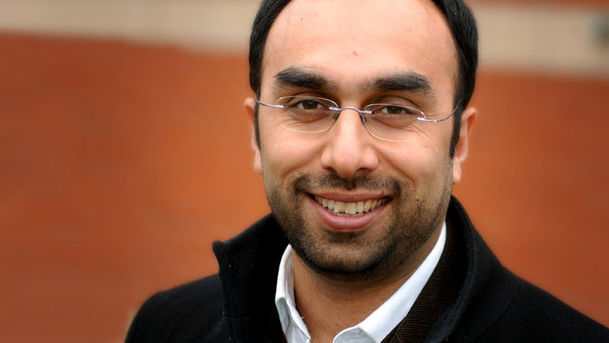
Sunday Feature - The Black Cube
Broadcaster and film-maker Navid Akhtar discusses the Ka'aba, a shrine in the Grand Mosque in Mecca, Saudi Arabia, and looks at its relationship with Western culture.
Details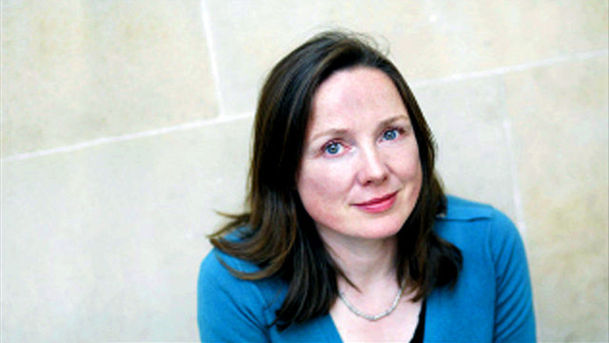
Sunday Feature - The childhood landscape of Elizabeth Bishop
Lavinia Greenlaw travels to Great Village in Nova Scotia to explore the childhood landscape of Elizabeth Bishop, one of the most important poets of the 20th century.
Details
Sunday Feature - The Eternal Rock
The Eternal Rock: Michael Portillo utilises modern archaeological methods to unearth the real history of the Rock of Gibraltar.
Details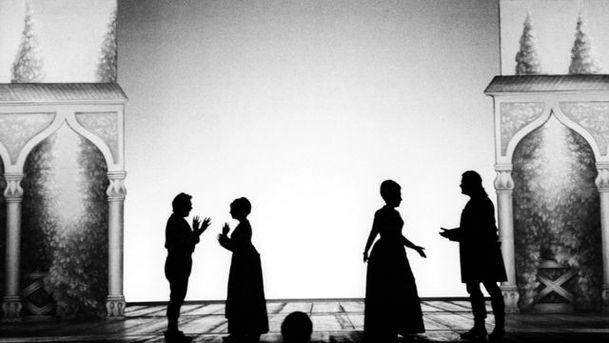
Sunday Feature - The First English Opera
Claire van Kampen explores the extraordinary genesis of the forgotten operatic masterpiece The Siege of Rhodes, the first opera in English to be performed publicly.
Details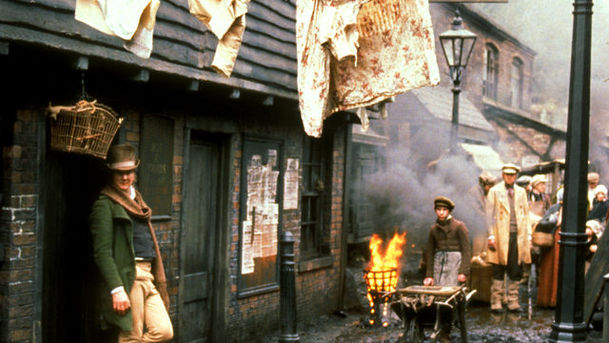
Sunday Feature - The First War on Terror
Novelist Hari Kunzru explores how pulp fiction writers and great novelists responded to the UK's first 'war on terror' - against the Anarchists of Victorian and Edwardian times.
Details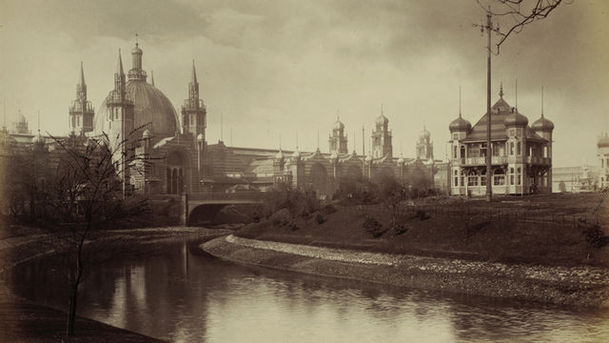
Sunday Feature - The Glasgow Boys
AL Kennedy explores the work and legacy of the so-called 'Glasgow Boys', a late 19th-century group of painters who were seen as Scotland's first modern artists.
Details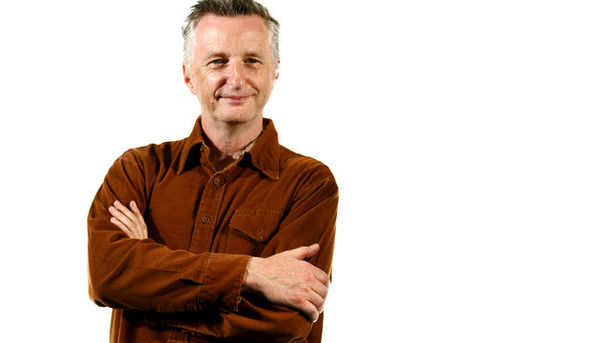
Sunday Feature - The Good Old Days?
Singer songwriter Billy Bragg explores Victorian music hall, discovering the surprisingly modern wit and irreverence behind Britain's first urban folk music.
Details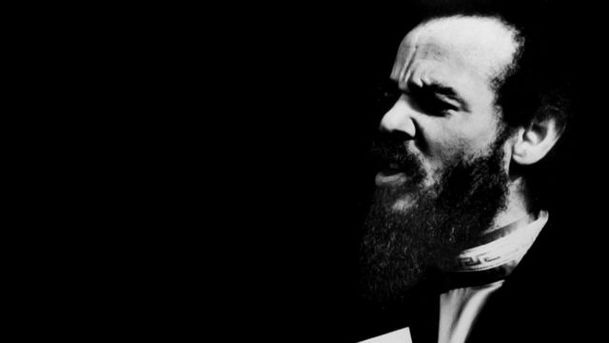
Sunday Feature - The Life and Times of Michael X
Sukhdev Sandhu tells the story of Michael X, the former mugger and drug dealer who became a devout Muslim and played an important part in racial politics in Britain in the 1960s.
Details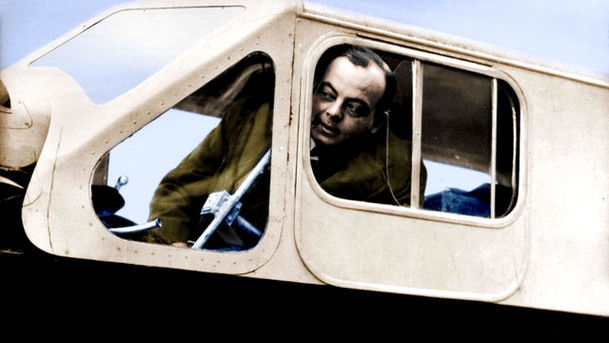
Sunday Feature - The Little Prince Died at Dawn
Screenwriter Frank Cottrell Boyce explores the life and work of pilot and writer Antoine de Saint-Exupery, whose career began and ended in the air.
Details
Sunday Feature - The Moving Power of Art
The Moving Power of Art: As the BBC and the British Council shift their focus to the Middle East, novelist Hisham Matar asks how countries use culture as a political tool.
Details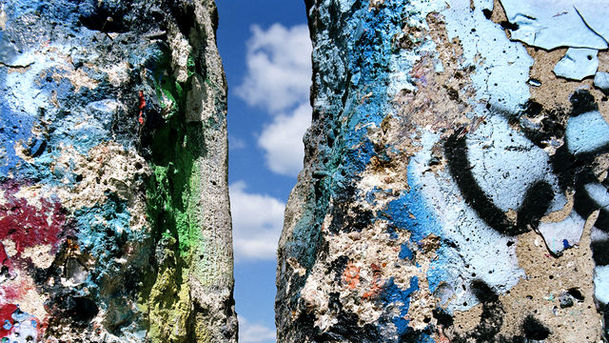
Sunday Feature - The Muse of Censorship
Did artistic achievement in Eastern Europe collapse along with Communism in 1989? Dariusz Rosiak and David Vaughan investigate with writers and artists from Warsaw and Prague.
Details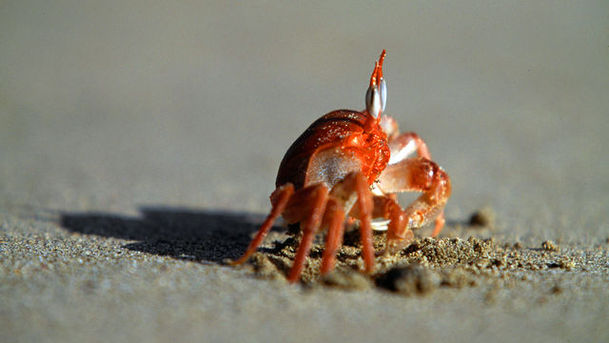
Sunday Feature - The Origins of the Origin
Historian Andrew Cunningham traces the roots of Darwin's seminal scientific work, exploring the connections between French and English evolutionary theory.
Details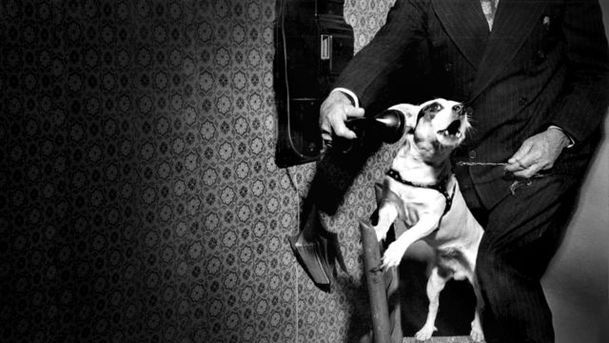
Sunday Feature - The Pleasure Telephone
Edward Seckerson tells the story of the early telephone's use in relaying live entertainment and news direct to subscribers' homes in the late 19th and early 20th century.
Details
Sunday Feature - The Poetic World of Newt
The Poetic World of Newt: 'Newt' was the name on the secret police file in Communist Prague masking the identity of the poet Ivan Blatny. David Vaughan explores his life and poetry.
Details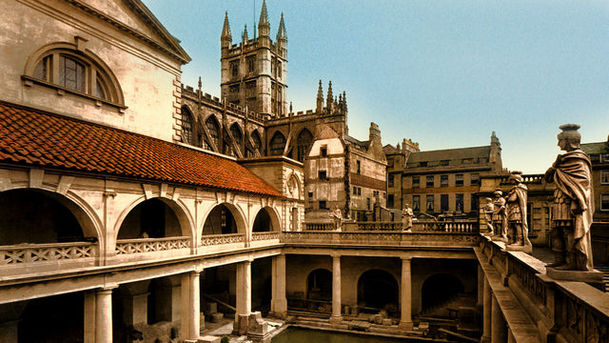
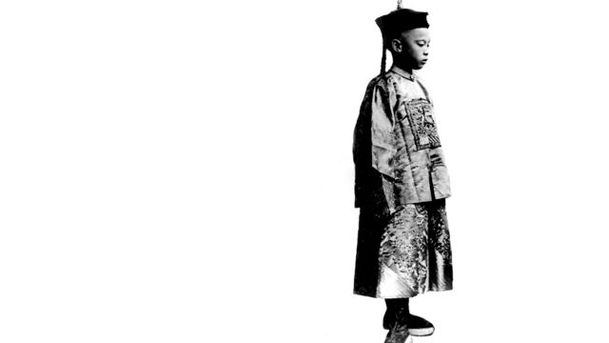
Sunday Feature - The Shadow of the Emperor
One hundred years after the fall of the Qing Dynasty and the abdication of the last Emperor in China, Isabel Hilton asks how the country has coped since.
Details
Sunday Feature - The Splintered City
The Splintered City: The Halifax Harbour Explosion, 1917. Sean Street remembers the biggest man-made explosion prior to the atomic bomb, when two ships collided in Nova Scotia.
Details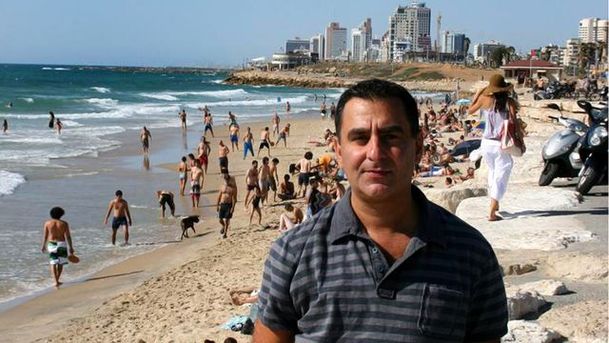
Sunday Feature - The State of Tel Aviv
Moshe Morad marks the founding of Tel Aviv in 1909 by walking along its five-mile stretch of beach, meeting local characters to paint a portrait of a modern city in an ancient land.
Details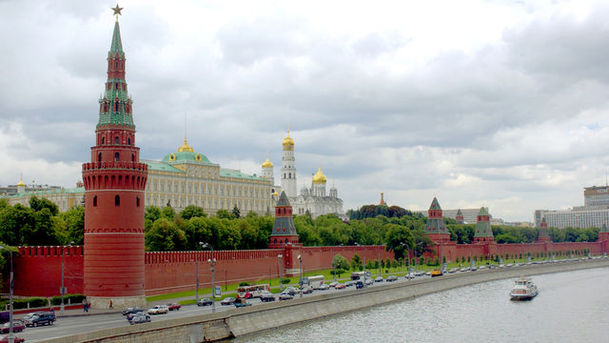
Sunday Feature - The threat to Moscow's architecture
Professor Ricky Burdett visits Moscow the city to investigate claims that its architectural treasures are being destroyed or ignored in the rush to modernise.
Details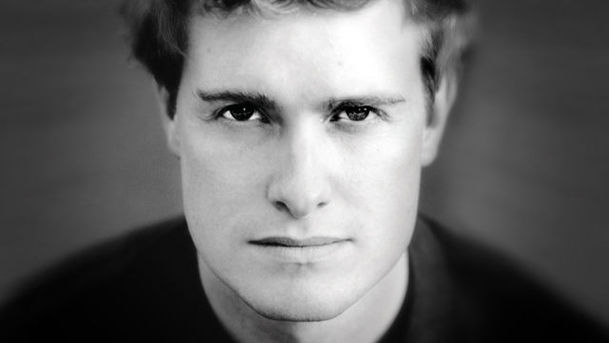
Sunday Feature - The Trial of Ezra Pound
To mark 2008's 50th anniversary of his release, Sean Street investigates how the poet Ezra Pound was accused of treason by the US and held for years in a mental hospital.
Details
Sunday Feature - The virtual world of Paul Bennun
Paul Bennun goes on a seven-day digital diet. News, food, entertainment and social life are all accessed solely through the portal of his computer screen.
Details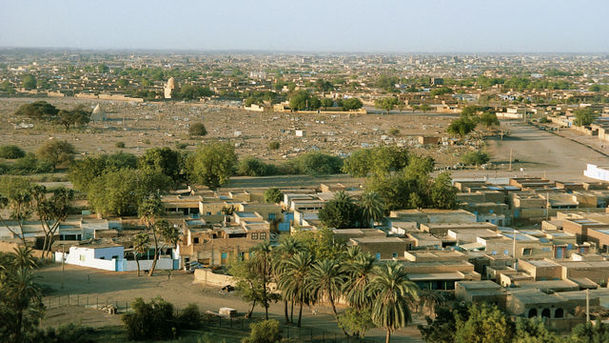
Sunday Feature - Theatre at the Front Line
Zeinab Badawi visits the Albuga Festival in Khartoum to meet actors and directors who are at theatre's front line and use their skills to help communities recover from war.
Details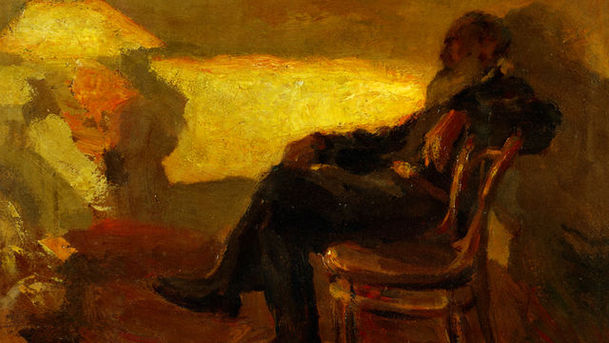
Sunday Feature - Tolstoy in the Cotswolds
Historian Mike Berlin visits the Gloucestershire village of Whiteway, which was founded on the principles of the great Russian writer Leo Tolstoy.
Details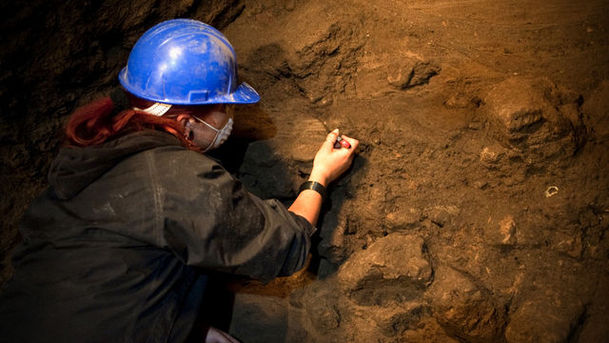
Sunday Feature - Tracking the Aryans
Bettany Hughes uncovers the story of the search for the ancient Aryans, and visits Siberia to find out how recent archaeological discoveries are bringing them renewed attention.
Details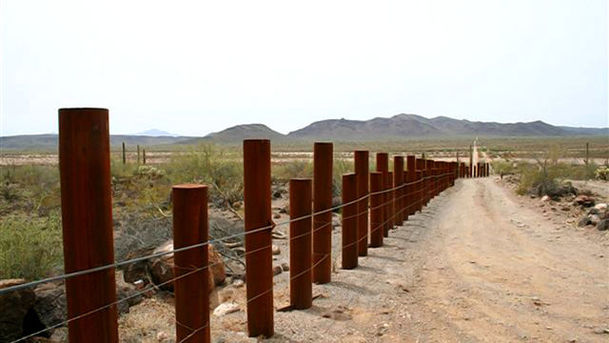
Sunday Feature - Travelling the Great Divide - The New US-Mexico Border
Claudine LoMonaco takes a trip along the US-Mexico border to examine how life and culture is changing as America constructs fortified walls to prevent illegal infiltration.
Details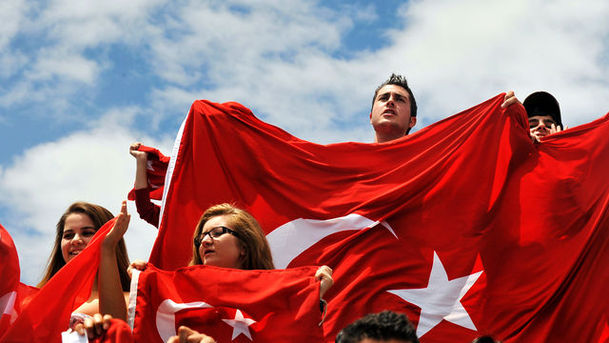
Sunday Feature - Turkey in Europe
Dennis Marks investigates why some nations are resisting Turkey joining the EU. Is it because they are in denial about the past influence of the Ottoman Empire?
Details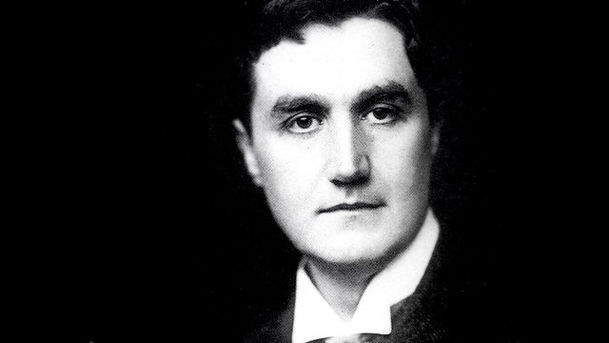
Sunday Feature - Vaughan Williams: Valiant for Truth
Stephen Johnson presents an elegiac portrait of Vaughan Williams the man and composer. Contributions are from philosopher AC Grayling and the composer's biographer, Simon Heffer.
Details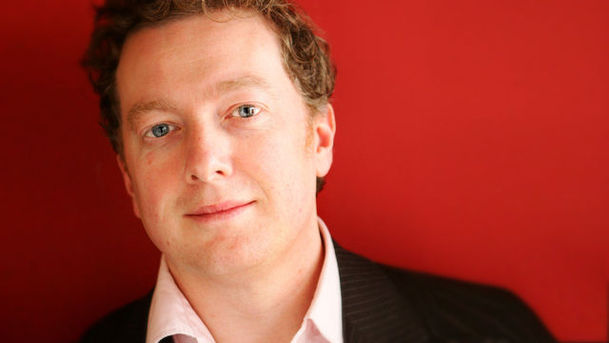
Sunday Feature - Vril
Matthew Sweet finds out about Vril, the energy source of the species of superhumans which featured in Edward Bulwer Lytton's pioneering science fiction novel The Coming Race.
Details
Sunday Feature - Waiting for Netaji?
Historian Sunil Khilnani questions the many myths and stories that surround India's Subhas Chandra Bose, who died in 1945 and is called Netaji, meaning 'great leader', by millions.
Details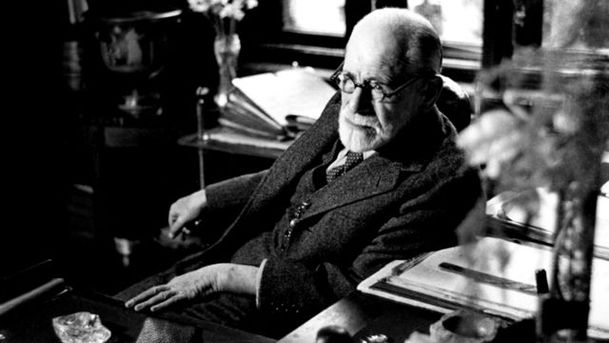
Sunday Feature - Walking with Freud
Walking with Freud: One hundred years on, composer David Matthews and psychoanalyst Anthony Cantle trace the famous walk that Mahler and Freud took around the Dutch town of Leiden.
Details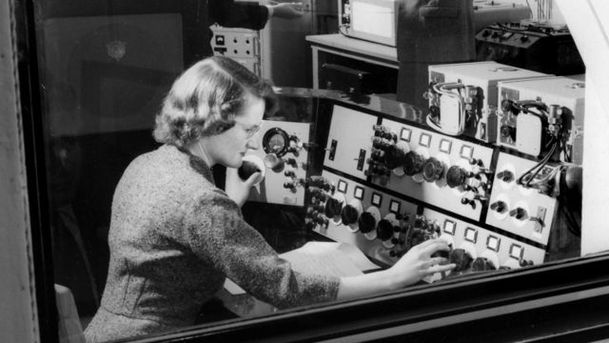
Sunday Feature - Wee Have Also Sound-Houses
Fifty years after the creation of the BBC Radiophonic Workshop, the programme examines the life and legacy of electronic music pioneer Daphne Oram.
Details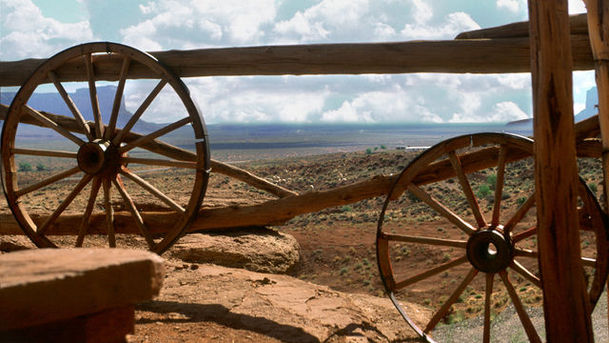
Sunday Feature - Wheels and Stones
Robert Powell reads from George Sturt's The Wheelwright's Shop, an account of the process of building wooden wheels and making wagons.
Details
Sunday Feature - Wisteria - Twilight Poems from the Swamp Country
Wisteria - Twilight Poems from the Swamp Country: A poetic reflection by Kwame Dawes on the lives of black people in the South after slavery and before Civil Rights.
Details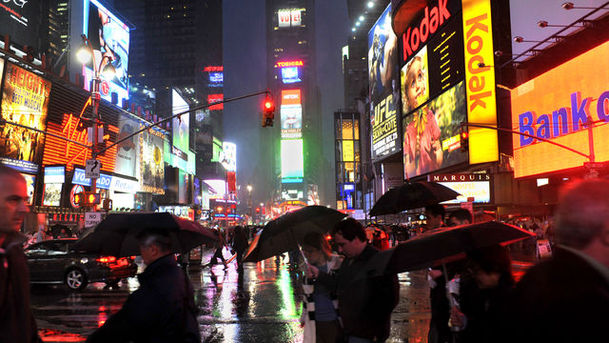
Sunday Feature - Yiddish: A Struggle for Survival
Dennis Marks travels to New York to discover what has become of Yiddish, a language which was once estimated to have been spoken by more than ten million people.
Details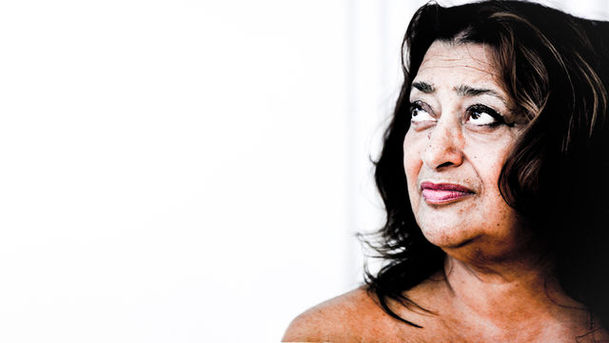
Sunday Feature - Zaha
Zaha Hadid has become one of the most honoured and prolific architects in the world and most successful woman architect of all time. In this profile she talks to Jonathan Glancey.
Details